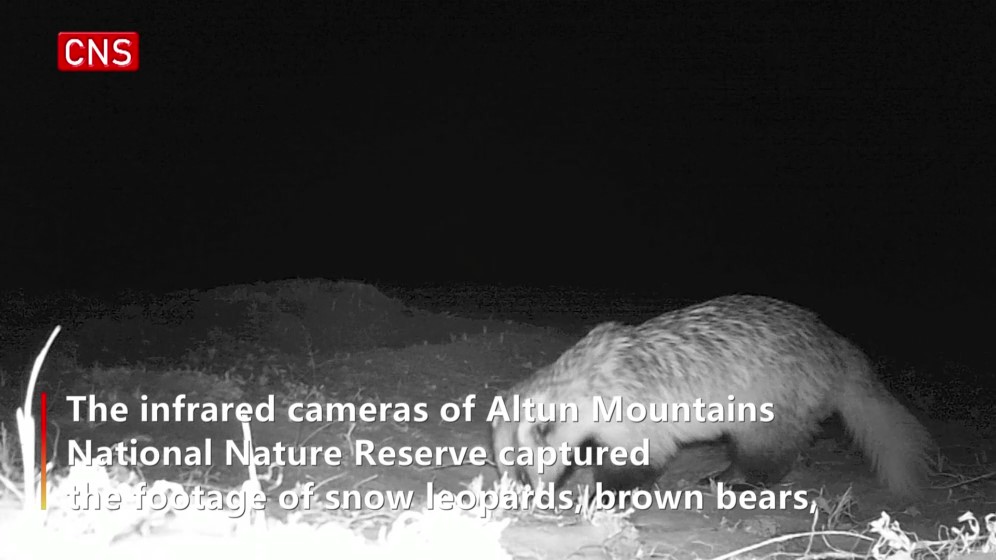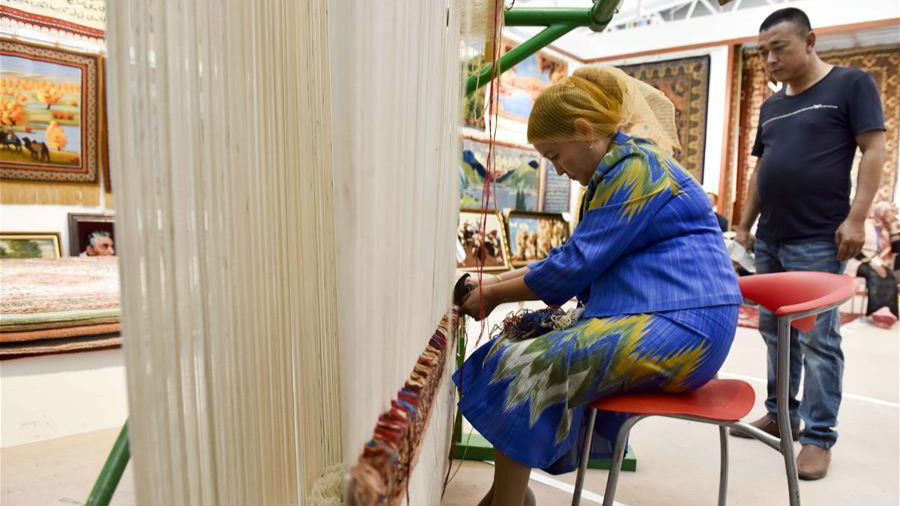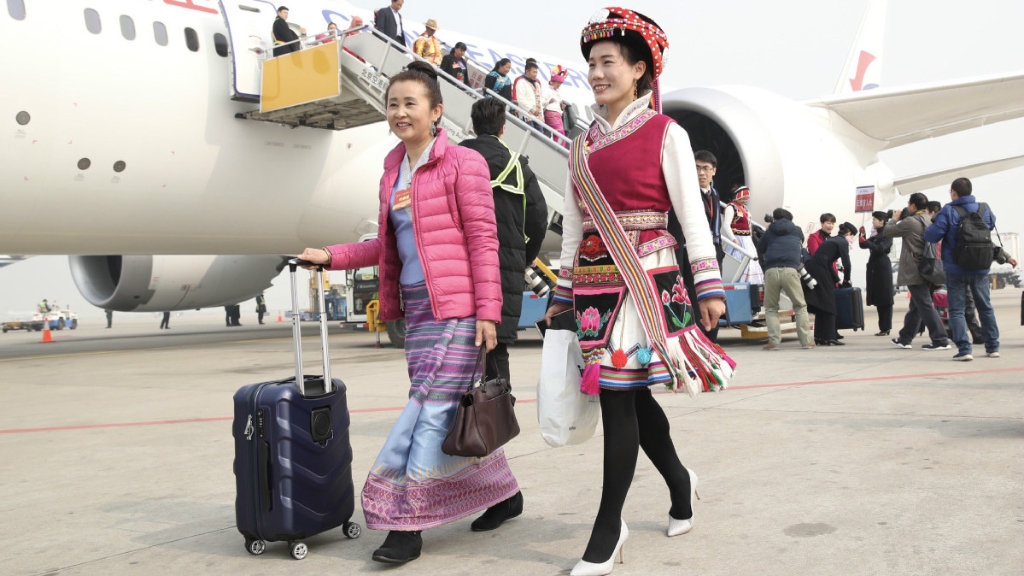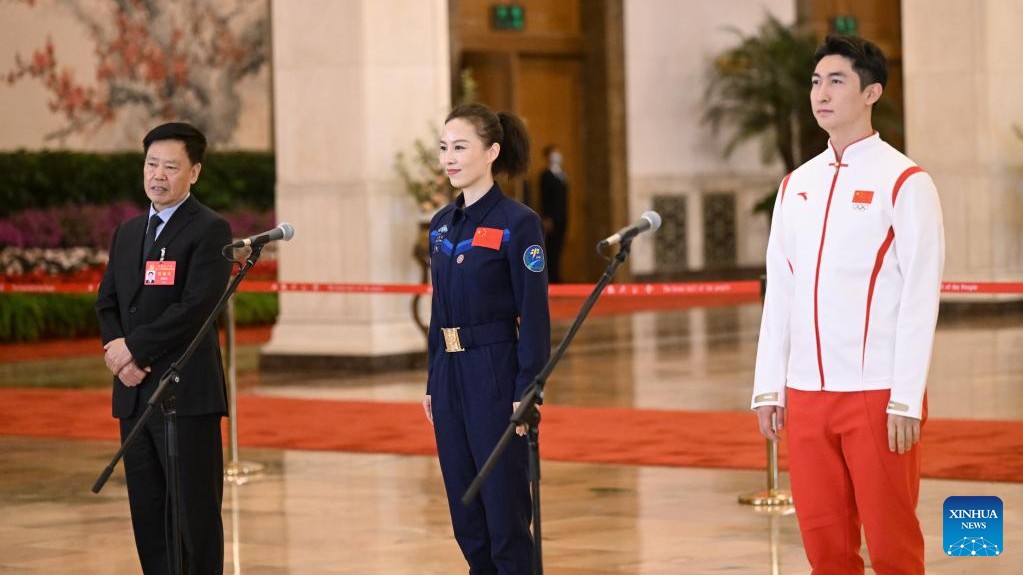Instead of heading to a bar or restaurant to celebrate the end of the work week, electrical engineer Chu Qing headed to Shanghai's Century Park to begin his "second job"-as a citizen scientist.
Armed with telemeters, Chu and his companions, a doctoral graduate and two college students majoring in biology, set out to locate 10 frogs that have been tagged with micro radio transmitters.
After tuning their telemeters to the same frequency as the radio transmitters attached to the frogs, the quartet listened intently to their earphones. The beeps would get louder when they got closer to their targets.
This citizen science project, which lasts until Sept 30, is just one of the many that the Shanghai Natural History Museum has launched in August.
"We want to learn the movement patterns of the Asiatic toad and Beijing gold-striped pond frog," says Zhang Wei, a researcher at the Shanghai Natural History Museum who is the head of this particular project.
"We actually know little about many animals that are thought to be common, and we need the help of the public to do so," he adds.
According to Zhang, there are only six species of frog in Shanghai now, down from more than a dozen two decades ago. As such, this project aims to depict how these creatures move so that urban planners can cater for them by providing enough space when designing new parks in the city.
That Friday night, the team ended their hunt at 10 pm after locating nine frogs. One frog was missing, and is thought to have been killed by birds. One was found dead, its carcass suggesting that it was probably the victim of a mower.
"I signed up for this citizen scientist project because I really love nature," says Chu, who came from Luzhou, Sichuan province, in 2002 to study in Shanghai.
"There was more biodiversity back when I first arrived," he says.
"But with rapid urbanization, more buildings and developments have taken over nature."
The concept of citizen science, in which members of the public help experts gather data for scientific research, dates back to at least 1900 when the National Audubon Society in the United States proposed an annual Christmas bird count.
New technologies have since made this initiative more prevalent. Society's growing interest and awareness of the importance of the natural environment has also fueled its popularity in China.
According to Chen Lin, the project manager of the One Planet Foundation, the organization has a project in Tianshan Mountain in Xinjiang Uygur autonomous region where local communities have been encouraged to help with the monitoring of snow leopards.
Last summer, the Shanghai Natural History Museum launched a mobile application called Tingyouchong, which literally means "listen, there is an insect" in Chinese.
People can use the app to upload photos of insects, the sounds emitted by them and the location in which they were found. The app will then reply with possible answers to their identities. Unique samples will also be reviewed by researchers and added to a database.
On Aug 15, the museum launched an upgraded version of the app-it is now called Find Nature-to include amphibians, reptiles, mammals and birds.
Yuan Xiao, deputy head of the Shanghai Wildlife Protection and Management Administration, says that researchers at the Shanghai Chenshan Botanical Garden once took five years to finish a citywide investigation of plants.
"If they received help from the citizens, the work might have been completed in just one year," he says.
Yuan says the contribution of citizen scientists is extremely helpful to administrators.
"Previously, field work, such as wildlife monitoring, was performed only by experts in universities or institutions. But, with limited human resources, only a few places in the city could be monitored,"Yuan says.
"The data gathered by citizens covers the whole city, and this provides valuable information for us."
Wang Tianhou, a professor of ecology at East China Normal University, shares the same sentiment. He points out that another group of citizen scientists have emerged in China recently.
The ornithology group, called the Wild Bird Society of Shanghai, has also been of great help to scientists, he adds.
"There are also societies for insects and frogs, and I am glad the museum has created this new platform to gather people around nature," he says.
"It lets people know that everyone can be a scientist and contribute to important research."















.jpg)









.jpg)


